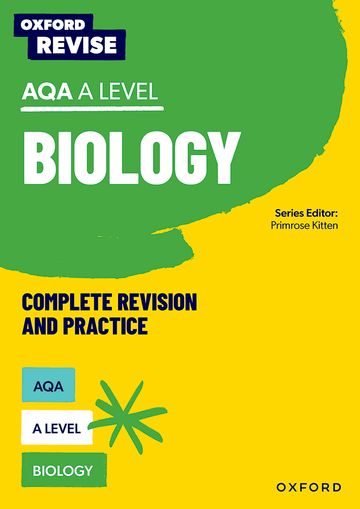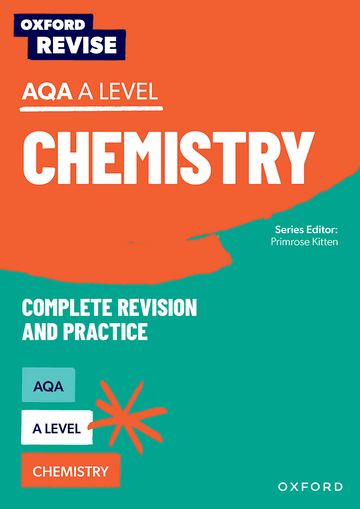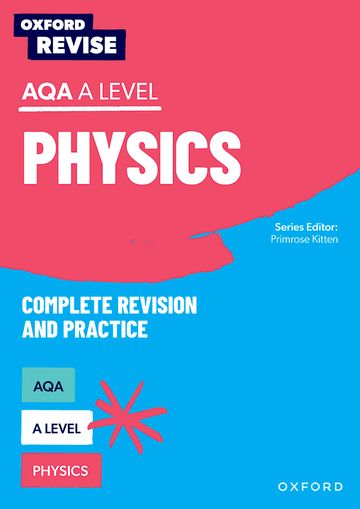A Level exams: Primrose Kitten’s top tips for maintaining revision intensity
Keeping up revision intensity can be challenging. Here are Primrose Kitten’s top tips to avoid burnout in the run-up to exams.
Tip 1 – little and often is vital
Imagine you needed to revise for 30 hours to be able to pass an exam; you have the choice of doing 30 hours in one sitting in the April before your exams or spreading those hours out over the remaining few months in blocks of 30 minutes sessions. Hopefully, you’ll realise that doing 30 minutes of revision a few times a week is less stressful and better for you than trying to do 30 hours at once!
Tip 2 – retrieval practice is essential
Retrieval practice is essentially remembering information you’ve been taught. Doing lots of short questions will keep the knowledge fresh and will mean it comes more readily during the exams. The Oxford Revise books have pages within each chapter dedicated to just this skill to make this easy for you.
Tip 3 – mix up styles of revision
While I’m a big fan of retrieval practice, it shouldn’t be the only way to revise. Within a single session, try to use a few different techniques to look at the same information; for example, after doing 30 quick retrieval questions, you could answer a long question on the same topic or try some multiple-choice questions.
Tip 4 – knowledge organisers make things easy
This is revision, not the exam, so having the knowledge in front of you while you’re doing your retrieval questions or extended response questions is encouraged! This will allow you to quickly find the part you need to answer questions. The design of knowledge organisers is essential. The flow of information and colour coding has been created to make them as helpful as possible.
Tip 5 – learn from mistakes
You’ll make a mistake on your mocks and will miss marks, that’s why it’s important to practice! Don’t let this get you down; use this feedback as pointers on where you need to improve. Is there a knowledge gap that needs to be filled in? Was it exam technique that cost you marks? Work out why you made a mistake and try not to repeat it.
Tip 6 – ask for help
Everyone needs some help sometimes. Don’t be embarrassed to ask for help. Your teachers, older siblings or cousins can really help. There is a thriving community of teachers on YouTube and TikTok who are very helpful in answering questions!
Tip 7 – practice papers are the best revision
This should be one part of your revision package, starting with a few now and building up to more and more as you get closer to the actual exams. Practice papers switch between topics and styles of questions in a way that gets your brain working to prepare you for the real exam. You might think that you’ll run out of exam-style questions to do, but the Oxford Revise books have a large section of questions written in the style of the exams for each unit in the book.
Tip 8 – low stakes revision
Practice papers can seem intense, so it is essential to mix them up with low-stakes ‘easy’ revision. Flashcards, both writing and studying them, are a great alternative that isn’t too taxing on the brain.
Tip 9 – look after your mental health
Finally, and most importantly, be proactive in looking after your mental health. Take time outside, put away your phone, chat with people around you. Short breaks in-between study sessions will help you focus when you get back to your desk. Make sure you notice when you start to feel stressed and reach out for help when you need it.
Most importantly: remember you’ve got this!
Useful links
Revision books

AQA A Level Biology
Build your knowledge and skills for AQA A Level Biology. Revise everything you need to know to do well in the exam, from the cell cycle to DNA and genes.

AQA A Level Chemistry
Revise everything you need to know to do well in your AQA A Level Chemistry exam. You will build your skills and knowledge in all of the topics in the AQA course across physical, organic and inorganic chemistry.

AQA A Level Physics
Get complete coverage of AQA A Level Physics in one book. You will revise everything from electric fields to telescopes and stars in a way that sticks.